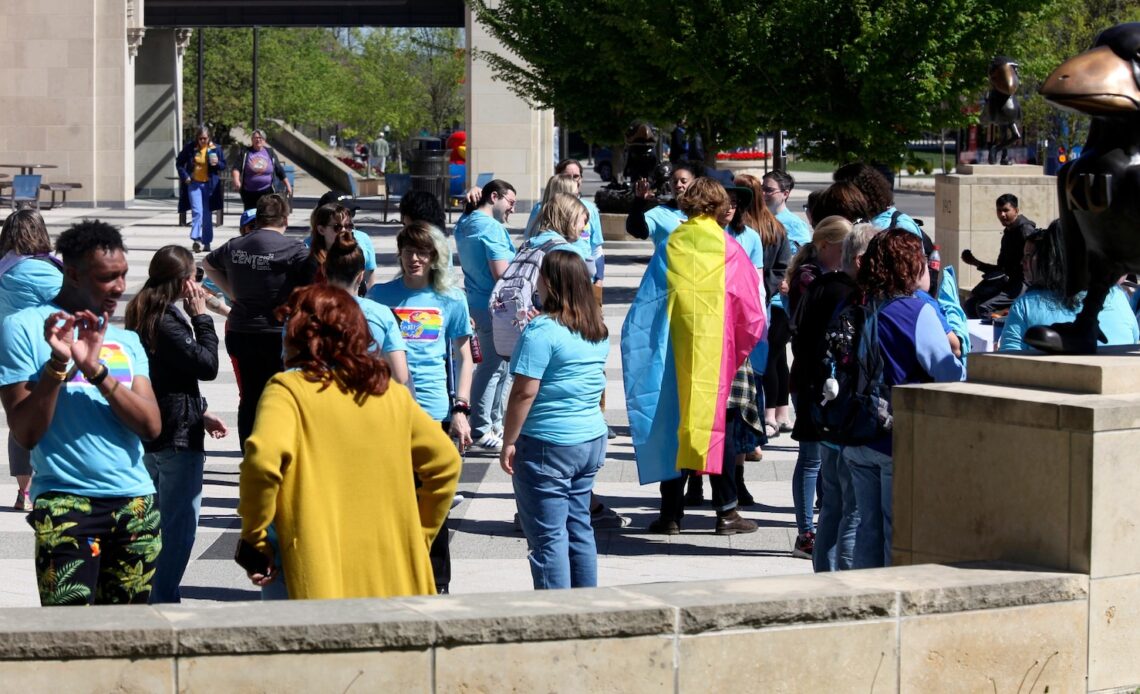TOPEKA, Kan. — A proposed ban in Kansas on gender-affirming care for minors also would bar state employees from promoting it — or even children’s social transitioning.
Teachers and social workers who support LGBTQ+ rights worry about they will be disciplined or fired for helping kids who are exploring their gender identities.
Democratic Gov. Laura Kelly vetoed the proposed ban, and top Republicans anticipated Friday that the GOP-controlled Legislature will attempt to override her action before lawmakers adjourn for the year Tuesday. Their bill appeared to have the two-thirds majorities needed in both chambers to override a veto when it passed last month, but that could depend on all Republicans being present and none of them switching.
Supporters of the bill said the provision now being singled out for criticism is designed to ensure that the banned care — puberty blockers, hormone treatments and surgery — isn’t still promoted with tax dollars or other state resources.
But compared to the restrictions or bans on gender-affirming care in two dozen other states, the Kansas proposal appears more sweeping because of its broad language against the promotion of social transitioning that applies to state employees “whose official duties include the care of children,” LGBTQ+ rights advocates said.
“That is not something that we have seen before,” said Omar Gonzalez-Pagan, an attorney for the LGBTQ+ rights group Lambda Legal. “It really allows us to look behind the curtain at what is the true motivation behind this bill, which has nothing to do with protecting the health and safety of youth and everything to do with attacking transgender people and erasing transgender identity.”
About 300,000 youths ages 13 to 17 identify as transgender in the U.S., according to estimates by the Williams Institute, an LGBTQ+ research center at UCLA Law. It estimates that in Kansas, about 2,100 youths in that age group identify as transgender.
Other provisions of the proposed ban would prevent gender-affirming care from occurring on state property and prohibit groups receiving state funds from advocating medications or surgery to treat a child whose gender identity differs from their sex assigned at birth.
Brittany Jones, an attorney and policy director for the conservative Kansas Family Voice, said courts have consistently ruled that a state “has the right to direct what is being done with its funds.”
“This does not block any child from socially transitioning,…
Click Here to Read the Full Original Article at ABC News: Health…

